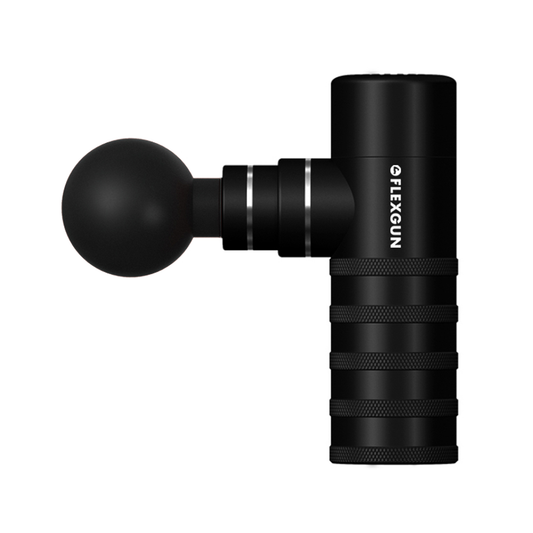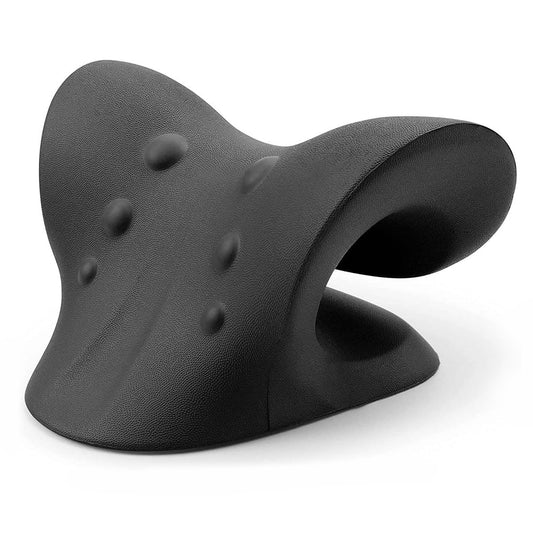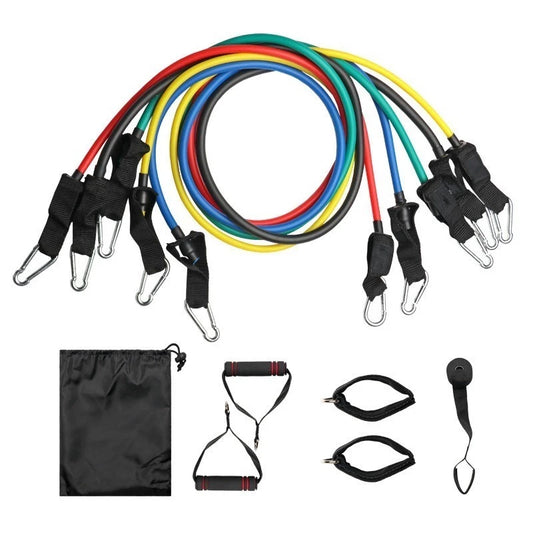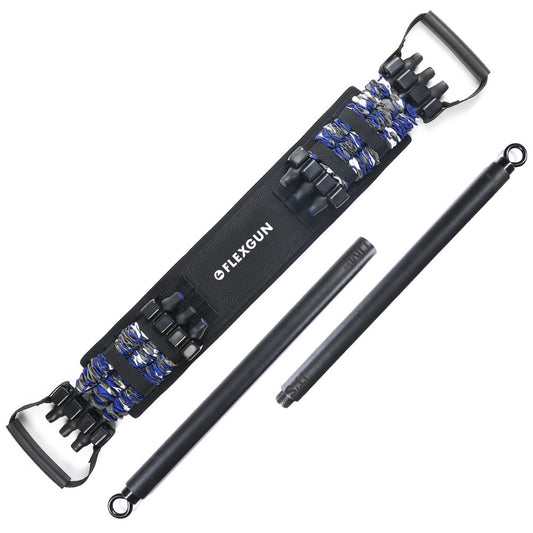Muscle cramps, a formidable foe that can assail even the most seasoned athlete or fitness enthusiast, can elicit great discomfort and vexation. To mitigate this discomfort, a fast and efficacious remedy is necessary. This holds true whether one is an athletic individual, a regular fitness buff, or someone who occasionally suffers from muscle cramps. It is therefore imperative to be cognizant of the causes of muscle cramps and possess expert knowledge of measures that offer speedy relief. In this blog post, we shall delve into the intricacies of muscle cramps and divulge some pearls of wisdom from experts in the field.
Explanation of Muscle Cramps
Muscle cramps are involuntary and painful contractions of muscles that can last from a few seconds to several minutes. They usually occur suddenly and often in the legs, feet, and hands. They can be caused by several factors, including overuse of muscles, dehydration, muscle strain or fatigue, electrolyte imbalances, and certain medical conditions.
Importance of Knowing How to Stop Muscle Cramps Fast
Muscle cramps can be disruptive to your daily activities and can cause discomfort and pain. Knowing how to stop muscle cramps fast can help you alleviate the discomfort and get back to your regular activities. Ignoring muscle cramps or not knowing how to stop them can lead to more severe pain and muscle damage, which can take longer to recover.
Overview of Tips and Tricks to Provide Quick Relief
If you're looking for effective ways to quickly alleviate muscle cramps, there are several tips and tricks you can try. These methods vary in complexity, but all of them can help to provide relief from the discomfort of muscle cramps. Here's an overview of some of the most effective ways to stop muscle cramps in their tracks:
-
Stretching:
Stretching exercises are a simple yet powerful way to prevent and alleviate muscle cramps. Incorporating regular stretching routines into your exercise regimen can improve muscle flexibility, reducing the risk of muscle cramps. Be sure to focus on stretching the muscles that are most prone to cramps, such as the calf muscles, hamstrings, and quadriceps.
-
Hydration:
Another crucial factor to consider is hydration. Dehydration is a common cause of muscle cramps, so it's crucial to drink plenty of fluids, particularly water and sports drinks, to keep your body hydrated. Sports drinks contain electrolytes that can help to regulate muscle contractions and prevent cramps.
-
Heat or Cold Therapy:
Heat and cold therapy can also be effective in relieving muscle cramps. Applying a heating pad or warm towel to the affected area can increase blood flow and help to relax the muscle, while using a cold compress or ice pack can reduce inflammation and numb the pain.
-
Using a Massage Gun:
If you're looking for a more targeted approach, consider using a massage gun. These handheld devices provide targeted relief to the affected muscle, making them a great tool for anyone suffering from muscle cramps. The Flexgun mini is an excellent option to consider, as it is portable, lightweight, and easy to use. To learn more about the benefits of using a massage gun click here.
-
Epsom Salt Bath:
Finally, taking a warm bath with Epsom salt can help to relax muscles and relieve muscle cramps. Epsom salt contains magnesium, which can help to reduce inflammation and promote muscle relaxation. Incorporating this into your routine can be an effective way to alleviate the discomfort of muscle cramps.
In conclusion, there are many ways to quickly alleviate muscle cramps, ranging from simple stretching exercises to more targeted approaches like massage guns. By incorporating these tips and tricks into your routine, you can find quick relief from the discomfort of muscle cramps and improve your overall muscle health.
Understanding Muscle Cramps
Muscle cramps are sudden and involuntary contractions of one or more muscles. These cramps can occur anywhere in the body but are most commonly experienced in the legs, feet, and hands. They are often characterised by sharp pain, stiffness, and temporary loss of control over the affected muscles. Muscle cramps usually last for a few seconds to several minutes and can be very uncomfortable.
Causes of Muscle Cramps
Muscle cramps can be caused by several factors, including:
- Dehydration: Dehydration can cause imbalances in the body's electrolyte levels, which can lead to muscle cramps.
- Muscle fatigue: Overuse of muscles or physical exertion can lead to muscle fatigue, which can cause cramps.
- Electrolyte imbalances: Electrolytes are minerals that help to regulate muscle contractions. An imbalance of electrolytes, such as potassium, magnesium, or calcium, can cause muscle cramps.
- Medical conditions: Certain medical conditions, such as diabetes, nerve damage, or kidney disease, can increase the risk of muscle cramps.
- Medications: Some medications, such as diuretics, statins, and steroids, can increase the risk of muscle cramps.
Common Types of Muscle Cramps
There are several types of muscle cramps, including:
- Night Cramps: These cramps occur during sleep and can wake a person up with sudden pain and stiffness.
- Exercise-Associated Cramps: These cramps occur during or after physical activity and are often caused by muscle fatigue.
- Rest Cramps: These cramps occur after prolonged periods of sitting or standing and are common in people who work long hours on their feet.
- Heat Cramps: These cramps occur during physical activity in hot weather and are caused by dehydration and electrolyte imbalances.
- Medical Cramps: These cramps are associated with certain medical conditions and can occur at any time, even during rest.
Summary
Muscle cramps can be a painful and frustrating experience, but there are several ways to stop them fast and provide quick relief. By understanding the causes of muscle cramps and implementing the tips and tricks we've shared, such as stretching, hydration, heat or cold therapy, using a massage gun, and taking an Epsom salt bath, you can alleviate discomfort and get back to your regular activities pain-free.
Remember to consult with a healthcare provider if you experience frequent or severe muscle cramps, as they could be a sign of an underlying medical condition. With the right knowledge and tools, you can prevent and alleviate muscle cramps and enjoy an active and pain-free lifestyle.





